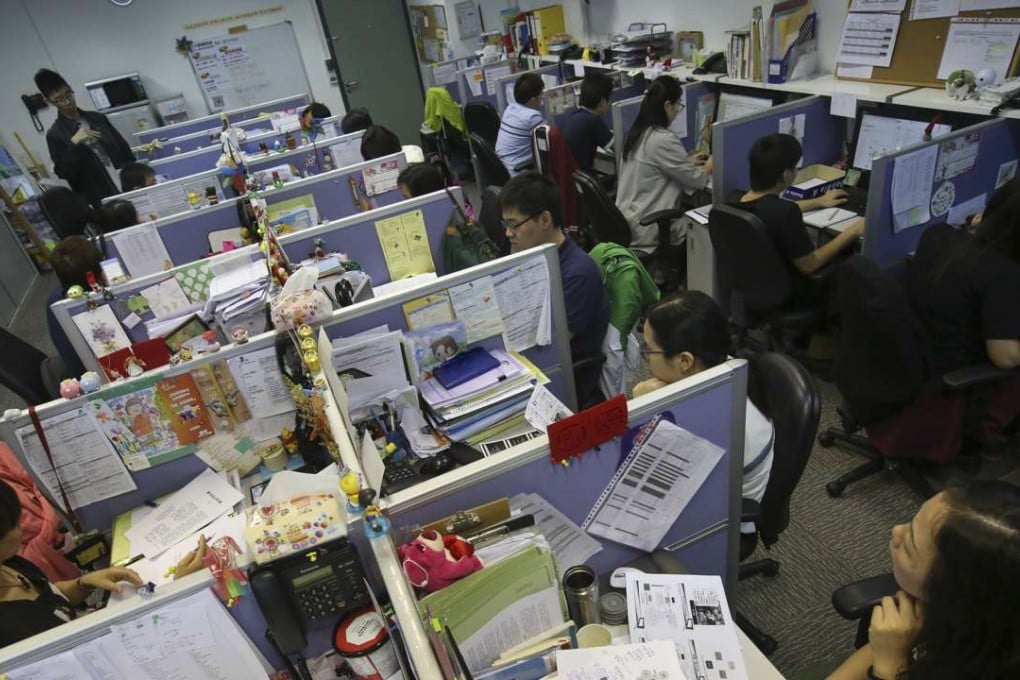Hong Kong start-up Booqed targets freelancers and temporary workers with office space rental app

Businesses which are looking to lease out unused space in their offices can now look towards Hong Kong start-up Booqed, which aims to help freelancers and start-ups find temporary working space in the city.
Launched last September, Booqed’s mobile app is an on-demand marketplace for business travellers, freelancers and start-ups, who may be looking for a temporary desk space or meeting room.
“Space is a premium in cities like Hong Kong. We don’t look at each space in terms of it being used just for work or meetings. Any space is something that is available to be used [for a variety of purposes],” said David Wong, chief executive of Booqed.
Unlike directory services which allow users to search for available spots at co-working spaces in the city, Booqed has a range of different venues available on its app. Currently, the company also lists several music studios, a yoga studio and even restaurants which want to rent out table space for meetings or to freelancers during off-peak hours.
Traditionally, people look at space as what it is, in a one-dimensional aspect.
“Traditionally, people look at space as what it is, in a one-dimensional aspect. A restaurant is a food and beverage outlet, but you can provide the right tools and the platform for them to utilise the space in another way,” said Charles Oh, chief operating officer of Booqed.